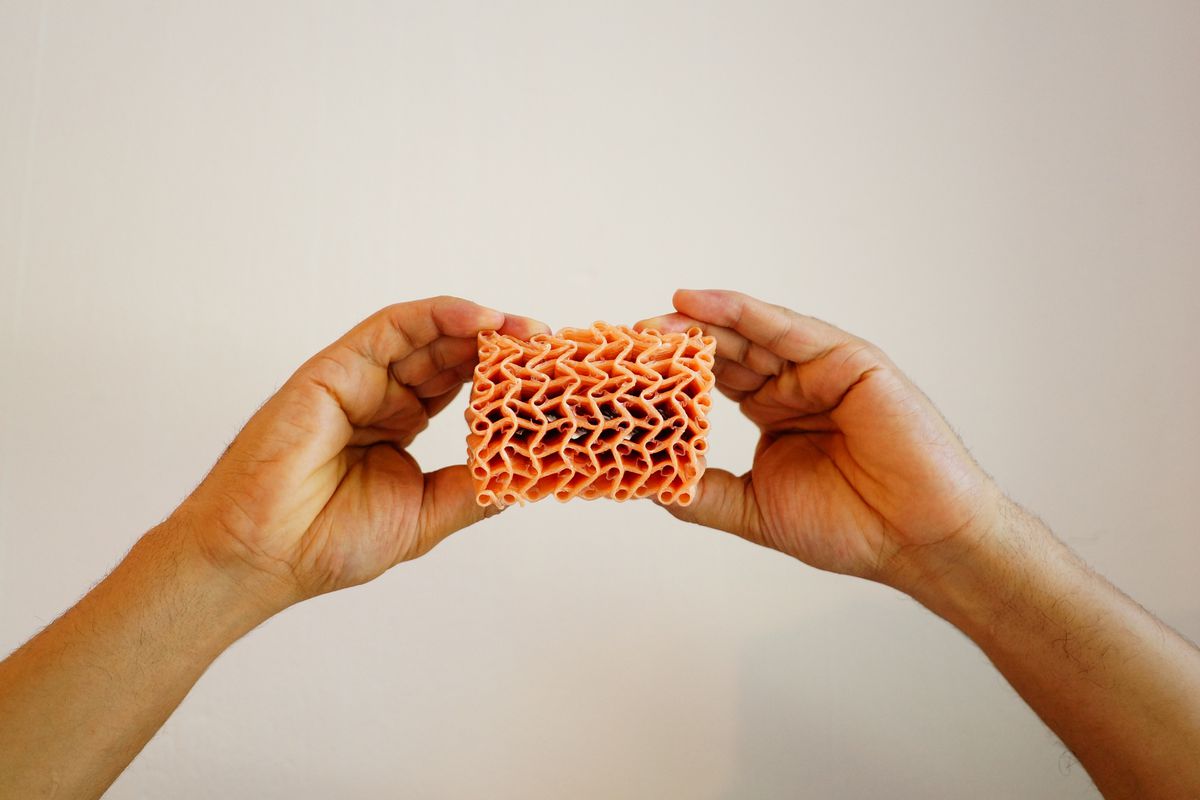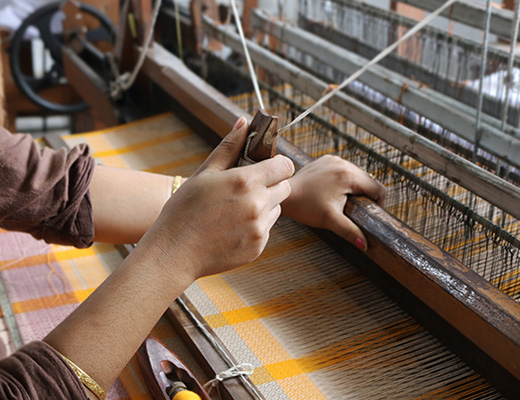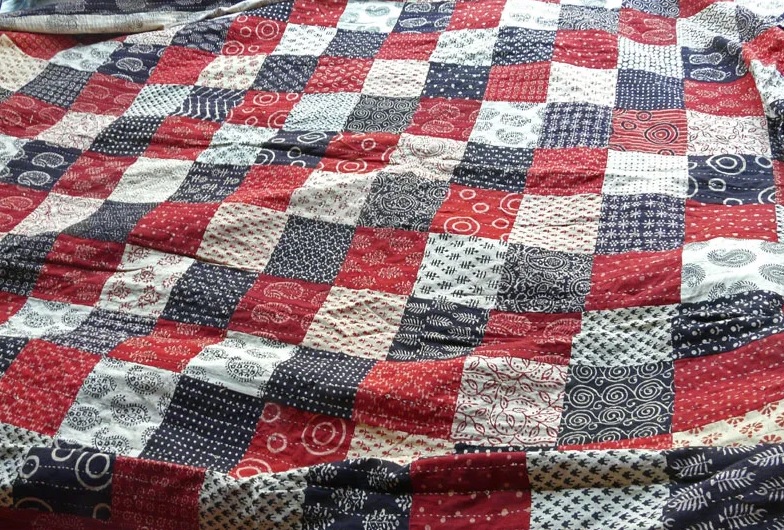By 2030, the fashion industry's dependence on fossil fuels for garments will hit a staggering 75%. This alarming statistic puts pressure on bio-innovators to break the industry's addiction to polyester and other unsustainable materials.
At Texworld NYC, a panel titled "Next-Gen Materials and Fiber Innovation" explored how these pioneers are tackling this challenge. From squid protein to bacteria-grown textiles, the discussion showcased a range of fascinating biomaterials and the journeys they take from concept to market.
From Squid to Sustainable: Julie Willoughby, representing Tandem Repeat Technologies, explained their "Squitex" protein fiber, highlighting its versatility. By manipulating the protein sequence, they can control the material's properties, creating anything from soft, drape-y fabrics to sturdy, technical textiles.
Biodegradable Polyester: Kintra Fibers takes a different approach, focusing on biodegradable alternatives to traditional synthetics. Their "Kintra" polyester uses plant-based feedstocks instead of petroleum, making it a sustainable and eco-friendly choice.
Microbial Magic: Modern Synthesis taps into the power of microbes to create a new class of textile. Their bacteria-grown nanocellulose is strong, lightweight, and incredibly versatile, offering a potential replacement for even materials like leather.
Plant-Powered Fur: Inspired by the cruelty of the fur industry, BioFluff's co-founder Martin Stübler developed "Savian," a luxurious fur alternative made from 100% renewable plant fibers like nettle, flax, and hemp. This innovation caught the eye of Stella McCartney, who used it in her COP28 collection.
Brand Partnerships: While the science behind these materials is impressive, scaling them up for commercial use requires collaboration. Modern Synthesis partnered with Ganni to develop a bacteria-based version of their popular Bou Bag, while Kintra works with brands like Reformation and Bestseller to test and refine their materials.
Challenges and Opportunities: Scaling up and integrating these new technologies into existing supply chains present significant challenges. Patience and flexibility are key, as Gupta from Kintra emphasizes: "These are not six-month or one-year projects. There's multiple stages of testing, and it takes time."
Despite the hurdles, bio-innovators remain optimistic. Keane from Modern Synthesis sees existing infrastructure as an opportunity: "We've been looking at how we can use existing machinery to make really cool materials."
The future of fashion is woven with threads of innovation and sustainability. Bio-innovators are leading the charge, offering solutions that are not only good for the planet but also push the boundaries of what textiles can be. With continued collaboration and a commitment to overcoming challenges, these bio-based materials have the potential to revolutionize the fashion industry and create a more sustainable future for all.












